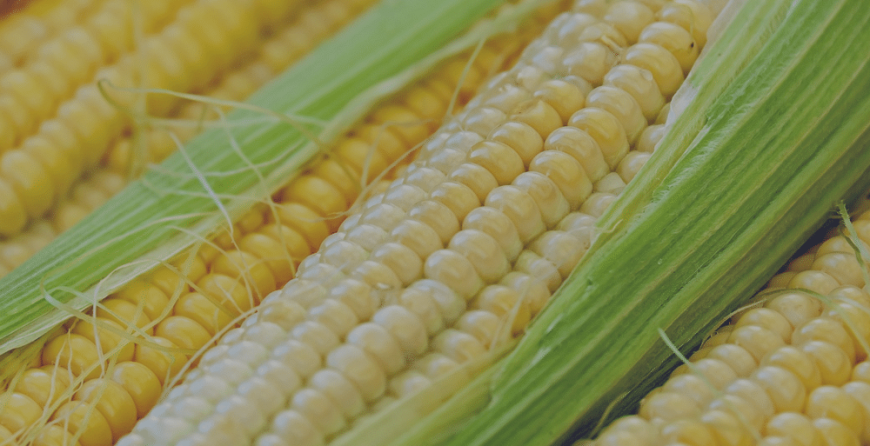 Organic gardening is a very rewarding and fun venture. Getting to see and eat from your own soil while saving a good amount of money from the grocery stores can be liberating. It is because of this desire to keep up at organic gardening that we need to know how to make the best of it; how to maximize our gardens to their full potential. Here are ten tips for every organic gardener out there to consider for more sustainable and nutritious food.
Organic gardening is a very rewarding and fun venture. Getting to see and eat from your own soil while saving a good amount of money from the grocery stores can be liberating. It is because of this desire to keep up at organic gardening that we need to know how to make the best of it; how to maximize our gardens to their full potential. Here are ten tips for every organic gardener out there to consider for more sustainable and nutritious food.
Grow High-Value Crops. Having mentioned how gardening is lucrative and saves us from spending much in the markets, here is why. Consider growing crops that would otherwise be costly. Valuable crops could also mean growing crops that you use on a regular basis that can save you trips to the market.
Start Early, End Late. Stretch out the seasons where possible. This will help move salad seasons, that is spring, up by a month while extending harvest seasons. Protect fall crops from frost using row covers while cold-tolerant crops stay longer in the ground. Some crops get mature, bigger and tastier when they stay longer in the ground.
Grow the “Shoulder Season” Fruits. Certain fruits such as raspberries and strawberries can be grown in the spring and fall periods before the vegetable season starts. This way you are able to stash away some of them and consume them as the vegetables are maturing for harvest. Your vegetables are assured of storage space when their time comes.
Emphasize What Grows Well for You. You are safer repeating past successes when it comes to organic gardening. Chances are because of the climate and soil you have; some plants will do better than others. You would rather have plenty of food than a failed crop in your garden. If you feel the urge to try out a new crop, do your research well and most importantly start by what your neighbor has, chances are it could do well in your garden too.
Grow Good Things to Drink. Did you know that it is possible to drink from your garden as well as eat from it? Consider growing a blueberry bush, lemongrass, apple mint as well as any other beverages and berries you can think of. You can learn to turn the juices of berries and fruit to homemade wine or soda that can save you a lot and even earn you some money.
Plant Perennials. When a crop becomes recurrent in your garden, it is easier to plan for. When the season comes to, you know what to expect to maintain it in terms of pouring out manure, weeding, and mulching. An example would be onions which thrive well in a mild winter climate.
Choose High-Yielding Crops and Varieties. Keep in touch with current trends when it comes to the variety of crops available. In order to achieve a high yield, you may need to plant hybrid crops; either traditionally bred or open pollinates superior crops. These come with higher resistance to disease and pests as well as need shorter periods to mature. Some crops such as peppers are better off as hybrids while others do not need that to increase their productivity, these may include lettuce, peas, and many other vegetables.
Include Essential Kitchen Herbs. What are some of the herbs that are pricey but necessary to have? Cooking herbs such as mint, basil, and parsley bring a lot of joy to an organic gardener who realizes just how easy they are to plant.
Don’t Grow Too Much of One Thing. This is unless you are in business and selling your produce. Otherwise, it is a waste of resources, including garden space which can be allocated to other plants. You need to be careful of this because chances of loss are equally proportionate to the risk you have taken in planting only one crop at a go.
Try Something New Every Year. The fun part of Organic gardening is trying out new things. Test new hybrids in the market and also test certain crops in different climates. Doing this helps you decide on what plant is worthwhile to keep and repeat in the long haul.
A beautiful high yield in an organic garden is determined by what is done before and after sowing. A lot of knowledge concerning what to plant as well as the seasons in which to plant it in, all plays an integral part in determining what kind of harvest you have. At the end of the day you want the best from your garden, well, you have to give it your best too.


